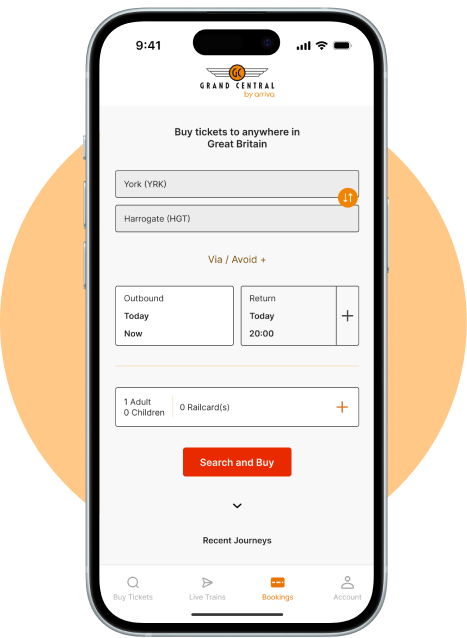A fault with the signalling system at London Bridge means some lines are blocked. As a result, trains will be revised to not call at London Bridge. This is expected until 07:30.
Customer Advice:
A fault with the signalling system at London Bridge means Thameslink trains will not be able to call at the station.
You may wish to consider travelling to New Cross Gate, London Blackfriars or East Croydon.
You can change at East Crodyon for Southern services to London Bridge, or use London Buses from St Pancras or London Blakcfriars, as well as Underground services.
This is to resolve a fault which Network Rail have found, and are attempting to fix.
You can use your ticket on the following:
- Local bus routes between East Croydon / London Blackfriars
- London Underground services via London terminals
Live departure boards can be found here.
You can view a live map of the network here.
You can also see an alternative route guide here.
If you're travelling in the London area, you can plan journeys on alternative routes by using the TfL Journey Planner here.
We anticipate this may add up to 30 minutes to your journey.
Can you tell me more about his incident?
This part of the network uses track circuits to detect the position of trains. These are electrical systems which monitor whether a train is on a section of track. They operate as part of the signalling system, which is designed to be "fail safe".
When a track circuit fails, the signalling system will interpret this as a train remaining in place, even though there may not be a train present at all, or the previous service may have long since left the area.
As a result, further trains cannot be automatically allowed onto the relevant section of track. Train drivers will be stopped by red signals on approach. They will then get verbal permission from the signaller so that they can proceed, and will run at a heavily-reduced speed as far as the next signal. This is so that the drivers will stop safely if they see anything ahead of them.
In some areas, the sections between signals can be several miles long, so this can result in delays building up. Even with shorter sections of track affected, there would still be a delay of at least a few minutes to each journey.
Check before you travel:
You can check your journey using the National Rail Enquiries real-time Journey Planner.
Compensation:
You may be entitled to compensation if you experience a delay in completing your journey today. Please keep your train ticket and make a note of your journey, as both will be required to support any claim.

